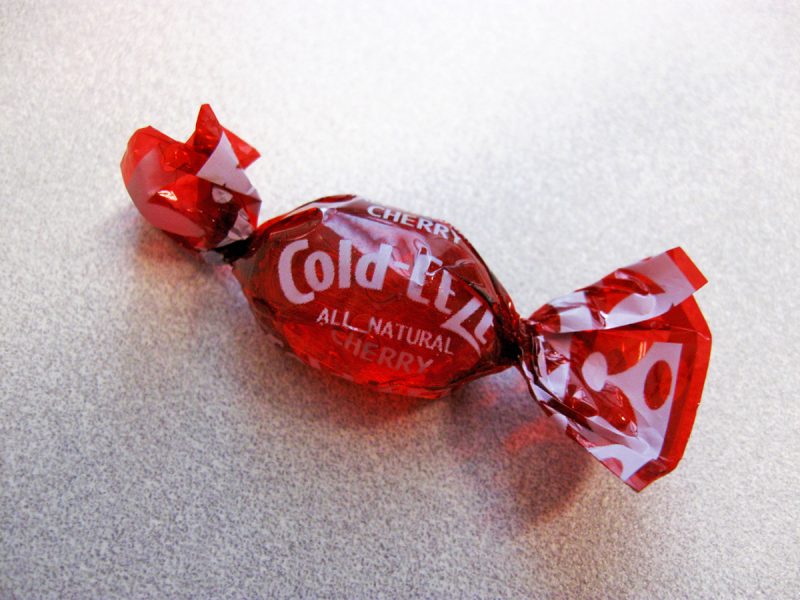- Vitamins and supplements are a roughly $37 billion industry, but new research suggests they’re mostly useless.
- A crop of fresh studies looking at multivitamins and vitamins B, C, and D have concluded that for most people, they do little to no good.
- Still, some specific vitamins can be helpful for people with specific health conditions.
It seems like simple, obvious advice: Eat your vegetables, get some exercise, and – of course – take your vitamins.
Or not.
Decades of research has failed to find substantial evidence that vitamins and supplements do any significant good. In fact, the results of recent studies lean in the opposite direction, finding that certain vitamins may be bad for you.
Several supplements have been linked with an increase in certain cancers, for example, while others have been associated with a higher risk of kidney stones. Still others have been linked with an overall higher risk of death from any cause.
So here are the vitamins and supplements you should take - and the ones you should avoid.
Multivitamins: Skip them — you can get everything you need with a balanced diet.

It's long been thought that adding a multivitamin to your diet was a good step towards better overall health, but recent research suggests this is false.
Based on a review of studies published this month in the journal Circulation, scientists concluded that taking multivitamins does not improve heart health in the general population. That study comes on the heels of an even larger review published in the Journal of the American College of Cardiology in June, which found no evidence that multivitamins are linked to a reduced risk of heart disease, heart attack, stroke, or death from any cause.
Some studies even suggest that consuming vitamins in excess can cause harm. A large, longterm 2011 study of close to 39,000 older women found that women who took vitamins over the course of more than 20 years actually had a higher overall risk of death than those who didn't take any supplements.
Vitamin D: Take it for bone health because it's hard to get from food.

Vitamin D is a critical ingredient that keeps our bones strong by helping us absorb calcium. It is missing from many of the foods we eat, so taking a vitamin D supplement may be a good idea for some people. Getting sunlight is another way to help your body make enough vitamin D, but that can be tough in the winter.
Some researchers hoped that vitamin D could also help protect people from brain-related disorders like Alzheimer's disease, but a review of 73 studies published this month in the journal Nutritional Neuroscience suggests that is not the case. The researchers found no evidence linking vitamin D supplementation with a reduced risk of Alzheimer's, Parkinson's, multiple sclerosis, or other forms of dementia.
Antioxidants: Skip them — an excess of these has been linked to an increased risk of certain cancers, and you can eat berries instead.

Touted for their potential to protect against cancer, vitamins A, C, and E are antioxidants found in many fruits and veggies - especially berries.
But studies suggest that antioxidants can actually be harmful, at least when taken in the mega doses offered by some supplements.
A 2007 review of trials of several different types of antioxidant supplements found that people who took the pills were more likely to die of any cause than people who didn't. Plus, a large long-term study of male smokers found that those who regularly took vitamin A were more likely to get lung cancer than those who didn't.
Vitamin C: Skip it — it probably won't help you get over your cold, and you can eat citrus fruits instead.

Next time you feel a cold coming on, don't reach for the vitamin C.
The authors of a 2013 review of studies found "no consistent effect of vitamin C ... on the duration or severity of colds." The only place the authors observed some benefits of vitamin C supplementation was in marathon runners, skiers, and soldiers facing certain situations. Even in those small populations, the observed effect was small.
Also, large doses of vitamin C may be harmful: evidence suggests that taking 2,000 milligrams of the vitamin or more can raise your risk of painful kidney stones. To be safe, get your vitamin C from foods like strawberries.
Vitamin B3: Skip it and eat salmon, tuna, or beets instead.

Vitamin B3 (or niacin) has been promoted as beneficial for treating everything from Alzheimer's to heart disease. But recent studies have called for an end to the over-prescription of the nutrient.
The authors of a review of studies published in June in the Journal of the American College of Cardiology found that niacin was actually linked with a very small increase in the risk of death from any cause. And a large 2014 study of more than 25,000 people found that putting people with heart disease on long-acting doses of the pill didn't reduce the incidence of heart attacks, strokes, or deaths. Plus, people in the study who took niacin were more likely to develop infections, liver problems, and internal bleeding than study participants who took a placebo.
Probiotics: Skip them — the science isn't quite there yet, but adding yogurt and fermented foods to your diet can be beneficial.

The $38-billion probiotics industry hasn't yet demonstrated that pills designed to support the good bacteria in your gut actually make a difference in any significant, measurable way.
Luckily, the ingredients that foster this good bacteria can be found naturally in yogurt and other fermented foods, so regularly noshing on these items may be of some help to your gut microbiome.
Zinc: Take it — it's one of the only ingredients than can shorten a cold.

Unlike vitamin C, which studies have found to be useless for the common cold, zinc may actually help fight your cold. The mineral seems to interfere with the replication of rhinoviruses, the bugs that cause the common cold.
In a 2011 review of studies, researchers looked at people who'd recently gotten sick and had started taking zinc. They compared those people with a group that just took a placebo. The participants on the zinc had shorter colds and less severe symptoms.
Vitamin E: Skip it — taking it in excess has been linked to an increased risk of certain cancers, and you can eat spinach instead.

The antioxidant vitamin E was popularized for its supposed ability to protect against cancer. But a large 2011 study of close to 36,000 men found that the risk of prostate cancer actually increased among men taking vitamin E compared to men who just took a placebo.
A 2005 study linked high doses of vitamin E with an overall higher risk of death. So if you're looking for more vitamin E, make yourself a fresh spinach salad and skip the pill. Dark greens are rich with this stuff.
Folic acid: Take it if you're pregnant or if you might want to get pregnant.

Folic acid is a B vitamin that our bodies use to make new cells. The National Institutes of Health recommend that women who are currently pregnant or who want to get pregnant take 400 micrograms of folic acid daily because their bodies demand more of this nutrient when carrying a growing fetus.
Additionally, several large studies have linked folic acid supplementation before and during pregnancy with decreased rates of neural-tube defects: serious and life-threatening birth defects of the baby's brain, spine, or spinal cord.

